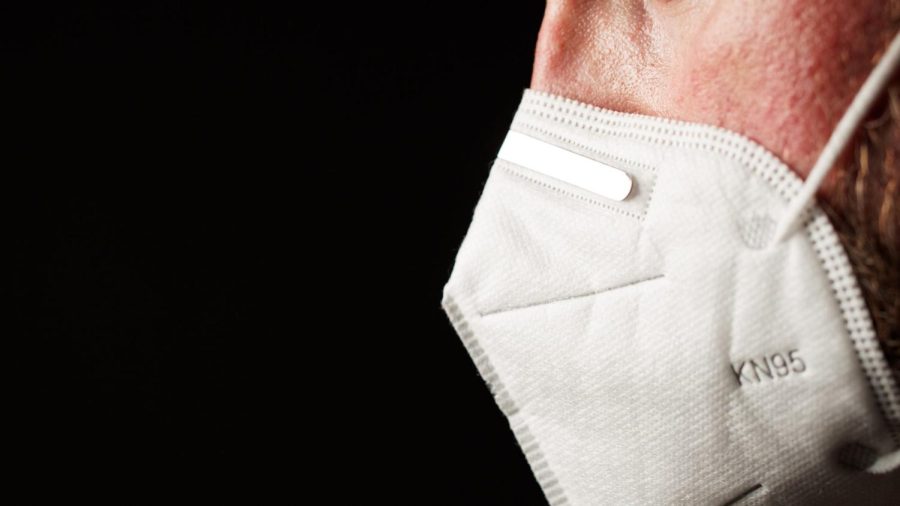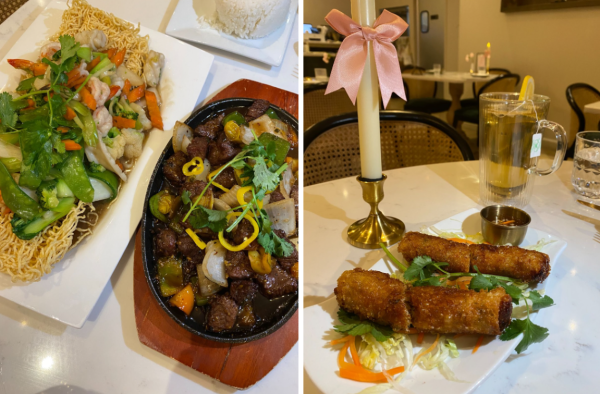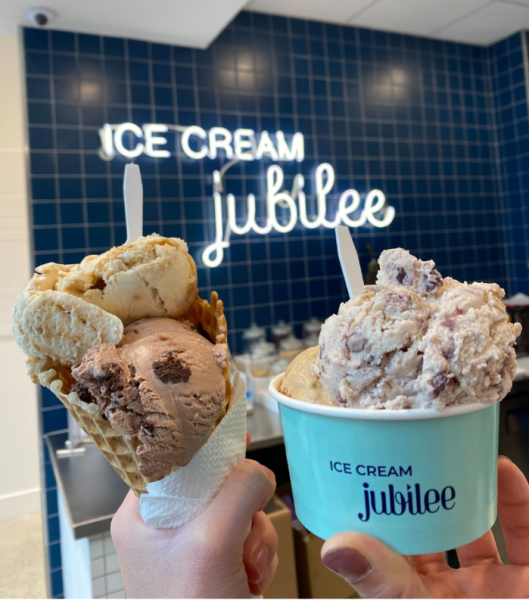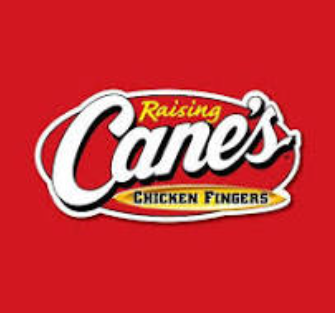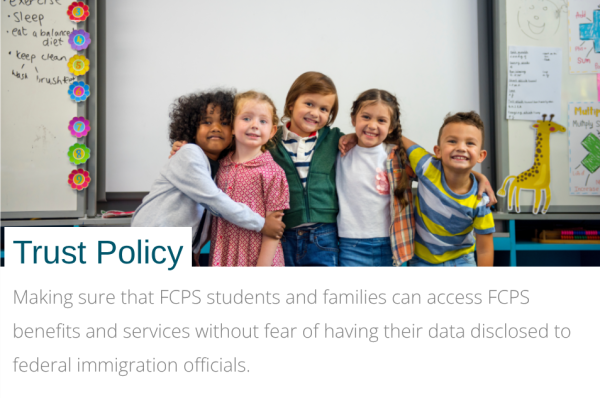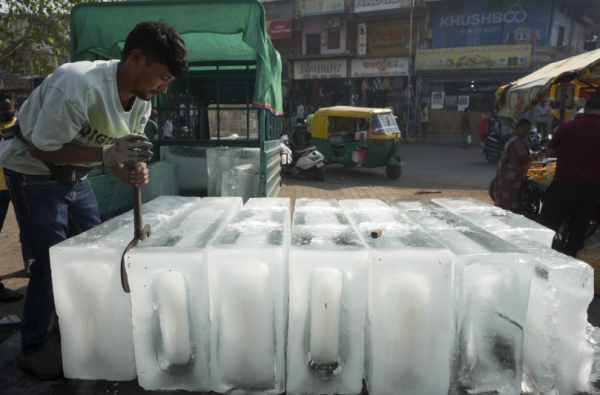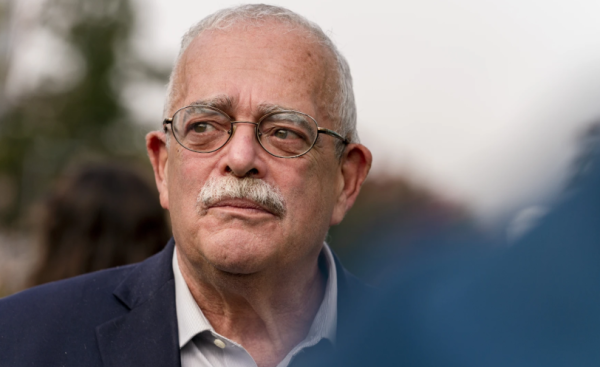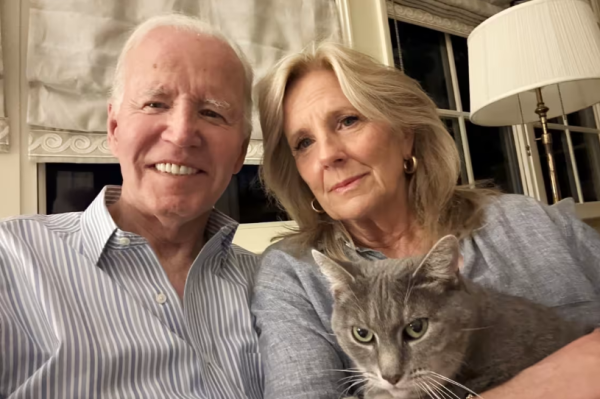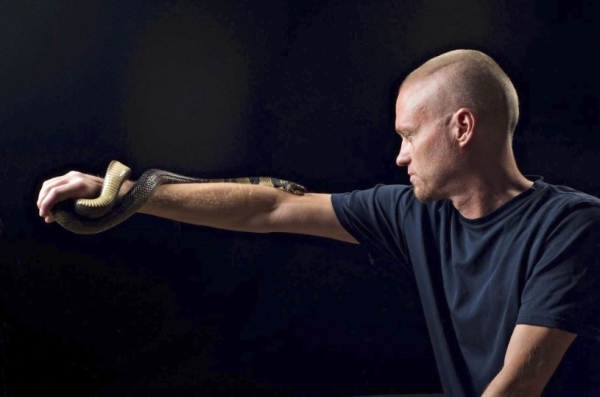With Omicron on the Rise, What Mask Should Be Worn?
With over 1.32 million cases of Covid-19 raging through the United States, it’s important to know how to protect oneself and others from getting infected. Masks are critical in mitigating the spread of Covid-19 as they block respiratory droplets expelled when someone coughs, talks, or sneezes, but choosing the best option can be challenging. The Center for Disease Control and Prevention (CDC), is urging people to use masks with a metal nose piece, and ones that are approved by the National Institute for Occupational Safety and Health (NIOSH).They also recommend, amidst the rapidly spreading variant, to upgrade your mask from a regular cloth mask to one of higher quality such as a N95. If searching online, there are endless lists of available masks that can be tempting, but beware, there are many counterfeits. Here is a list of mask options, and some of the best ways to tell if the company is being truthful:
N95 respirators are regulated by NIOSH and block at least 95% of particles (hence the 95). They will have two head straps, so if there is one advertised as having ear loops it’s most likely a fake. Additionally, if the respirator, labeled as an N95, states that it is approved for children, it is also fake. NIOSH does not approve these types of respirators for children. NIOSH also lists other ways to spot counterfeit N95’s.
KN95 respirators are close to being an N95 except for a few key differences. They are produced to meet Chinese mask standards, not the United States’ and they have ear loops unlike the N95. A study published by the CDC stated that at least 60% of KN95’s on the market are counterfeit. If a KN95 states that it is NIOSH approved, avoid it because NIOSH only approves N95’s.
KF94 stands for “Korean Filter,” and it’s ability to block 94% of particles. These masks have a lower chance of being fake due to the heavy regulation Korea put on them, but there are still some counterfeits to watch out for. A KF94 should be wrapped individually, and should state on the packaging “made in Korea.” Additionally, the mask should have an expiration date because all masks with an electrostatic charge should have a shelf life of approximately 5 years (this number varies by mask).
Surgical masks are better than cloth masks, but worse than respirators. It has been shown that if two people (one infected and one not), both wear a cloth mask, it only takes 26 minutes to be infected. If two people wear a surgical mask, they now have approximately an hour of protection. To provide a little bit more protection, one can wear a surgical mask inside of a cloth mask.
When buying a mask keep a sharp eye out for counterfeits. If something doesn’t seem right with a label or the mask itself, the chances are that is right. Being thorough and researching the best and most reliable masks will help mitigate the spread of COVID-19 thus protecting everyone.
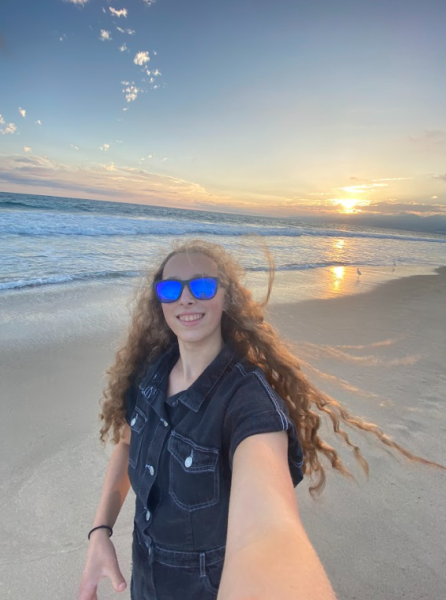
Co-Editor in Chief Heidi Gilman is a Senior at South Lakes, and is excited to continue her journey working for the Sentinel. She loves to swim and is a...








